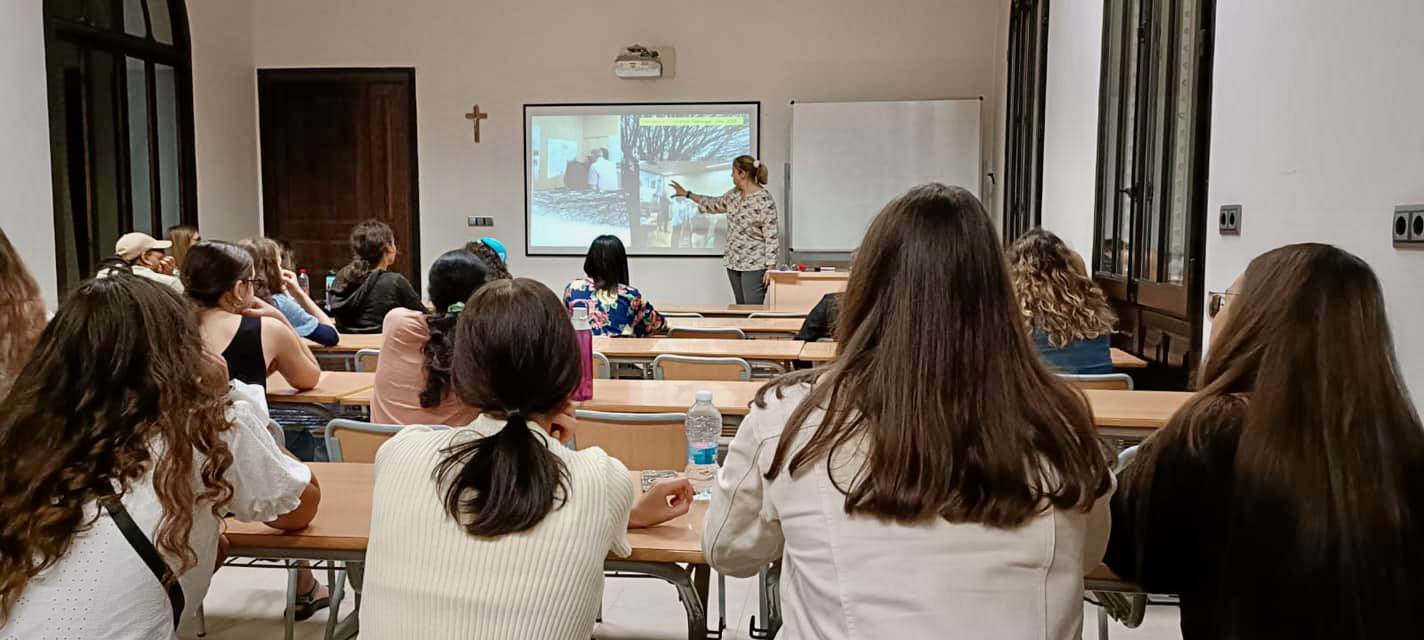The conference was carried out in Spain, the 20th of October 2022.
The conference, titled “Critical thinking and citizenship”, was held at the Fundation Universitad Catolica Valencia and was part of the multiple events organized by the European Project CLAE II and in collaboration with the US Program-UCV. The objective of the conference was dissemination of CLAE II project results to academics from the university sector in Europe and beyond Europe.
Introduction
In the introduction to the conference, it was pointed out that we live in an exciting world full of endless opportunities, constant suggestions, global openness, but also a world full of fake news, persistent rumours, and beliefs rather than evidence-based information. For all this, critical thinking is considered today an urgent need and a fundamental common good. Developing critical thinking is not just about mastering content. Learning to be a critical thinker (an actor) cannot be confused with the simple mastery of a methodological approach either. Critical thinking involves the use of a combination of both skills and attitudes and is connected to “deep learning” (Deng & amp, Li 2018).
In this event, teachers and researchers together examined more particularly the role played by metacognition and dialogical practices in the development of criticality in higher education.
Program
The conference was opened by Dr. Belén Soler, Universitá de Valencià, who discussed the
development and acquisition of criticality as central in higher education. Then Professor
Neus Álvarez, Universitad Catolica Valencia, delved into one component of critical thinking: Metacognition and its close-knit connection with dialogic practices. Dr. Angelini and Professor Álvarez presented the book Orientaciones metodológicas para el desarrollo del pensamiento crítico (2021). And then Dr Angelini presents the preliminary findings from the CLAE II-project before the audience had the opportunity to ask questions.
CLAE II project results were presented to academics from universities in Czech Republic, Italy, Germany, Austria, Japan, US, Peru, and Venezuela, all together 26 foreign participants.
Also 37 internal participants from Fundation Universitad Catolica Valencia took part in the event.

